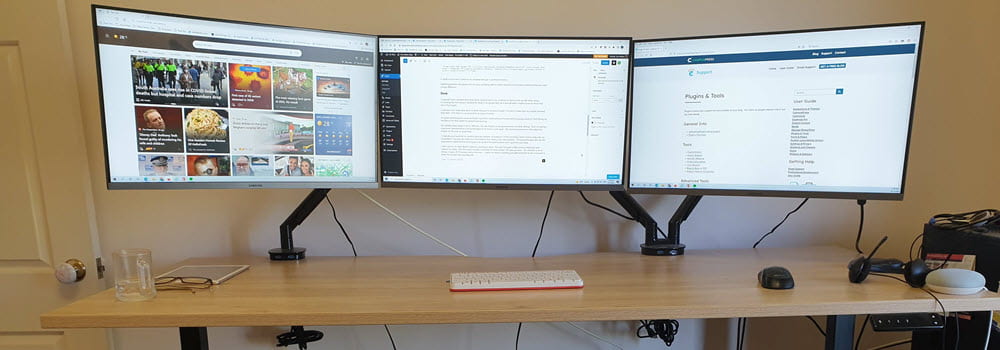My final post for this week’s series on mobile technology focuses on the great challenge and barrier facing uptake of m-learning: our organisation and Government policies on the use of technologies with students.
Yesterday Dianne posted this comment “All of these devices are banned under our student code of behavior, although if cellphones are turned off and out of sight, they are not confiscated” in response to my post on How are we going to effectively use the mobile devices in our student’s pockets?. The constraints placed on Dianne with the use of mobile phones is not isolated, it is a global issue, and is not limited to mobile devices, increasingly, as educators, we are being preventing from accessing Internet sites which would enrich our students’ learning experiences [Image by Johnmulk].
Take for example my children’s schools. Both schools have implemented a Phone Policy which at one of the schools has been extended to include related technology such as PDAs. So as a teacher in these schools if you want to be innovative and actually use any of the mobile devices to engage your students you can’t because you will be contravening school policies.
As Darren highlights in Pay Attention a simple activity like giving your students 10 minutes to send a text message to someone outside the school to find out
- What they had for breakfast?
- What is the weather like where they are?
- The one thing they last purchased.
With the added challenge that students get bonus points given messages back from people in other countries using language other than English is a powerful way to engage and empower our students’ learning.
As an educator my attitudes over the years have changed. The policy in my organisations is mobile phones must be switched off in class. I have changed from the days when I enforced phones must be on silent, and would confiscated student phones if it interrupted class too much, or offer to answer their calls. I freely let students use their phones – amazing they can be responsible – they don’t disrupt the class – and it is far less disrupting than confiscating phones.
On a side point – you can’t have different rules for teachers and students – if mobile phones are banned in classrooms because your organisation believes they are disruptive then that means teachers also should not be using their mobile phone in class! WALK THE TALK or change the TALK!
It is time to take action!
Policy makers need to stop stifling innovation in the educational use of technology. Stop blocking video sharing sites like YouTube, podcasting sites like Podomatic, social networking sites like Twitter etc, reconsider views on mobile devices. It is far better to educate our students on appropriate use of these technologies than ban/bar their use. If we are going to overprotect our students, lets also stop them crossing roads.




Leave a comment